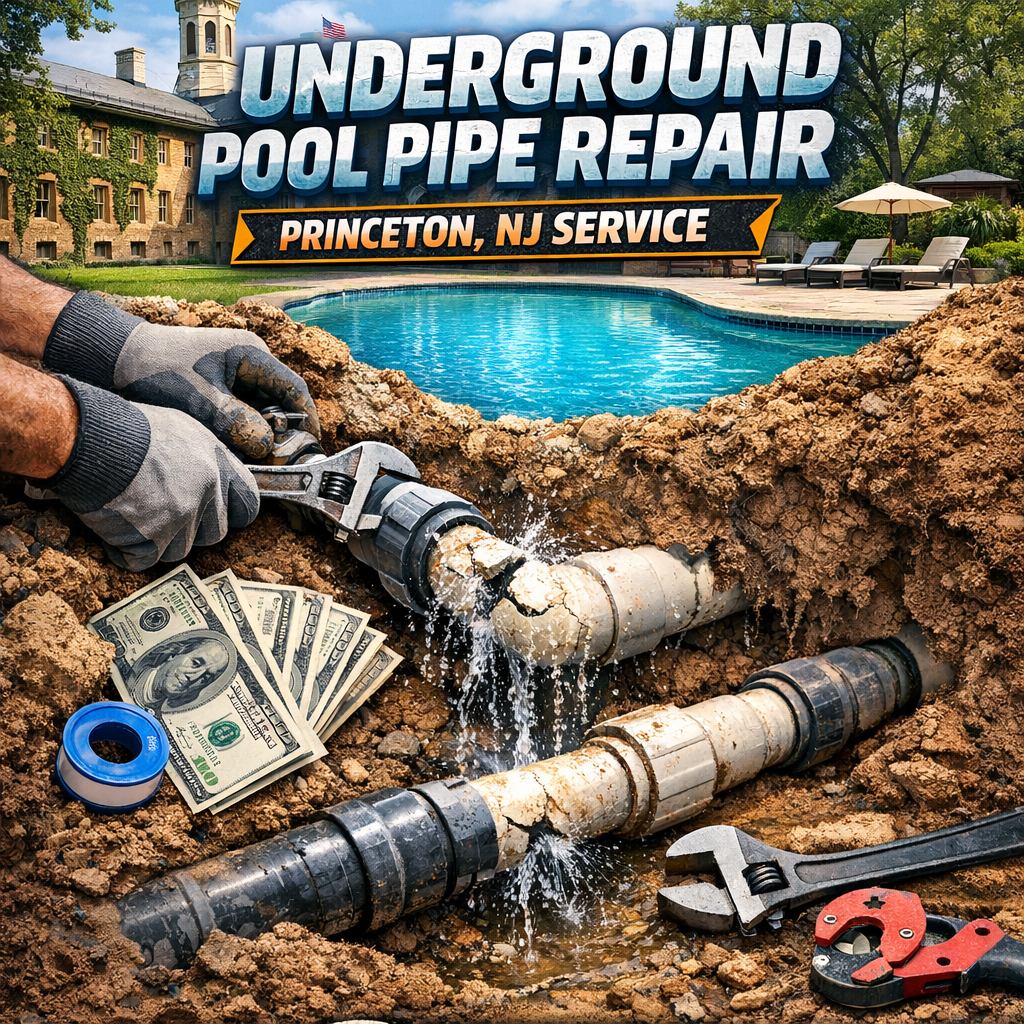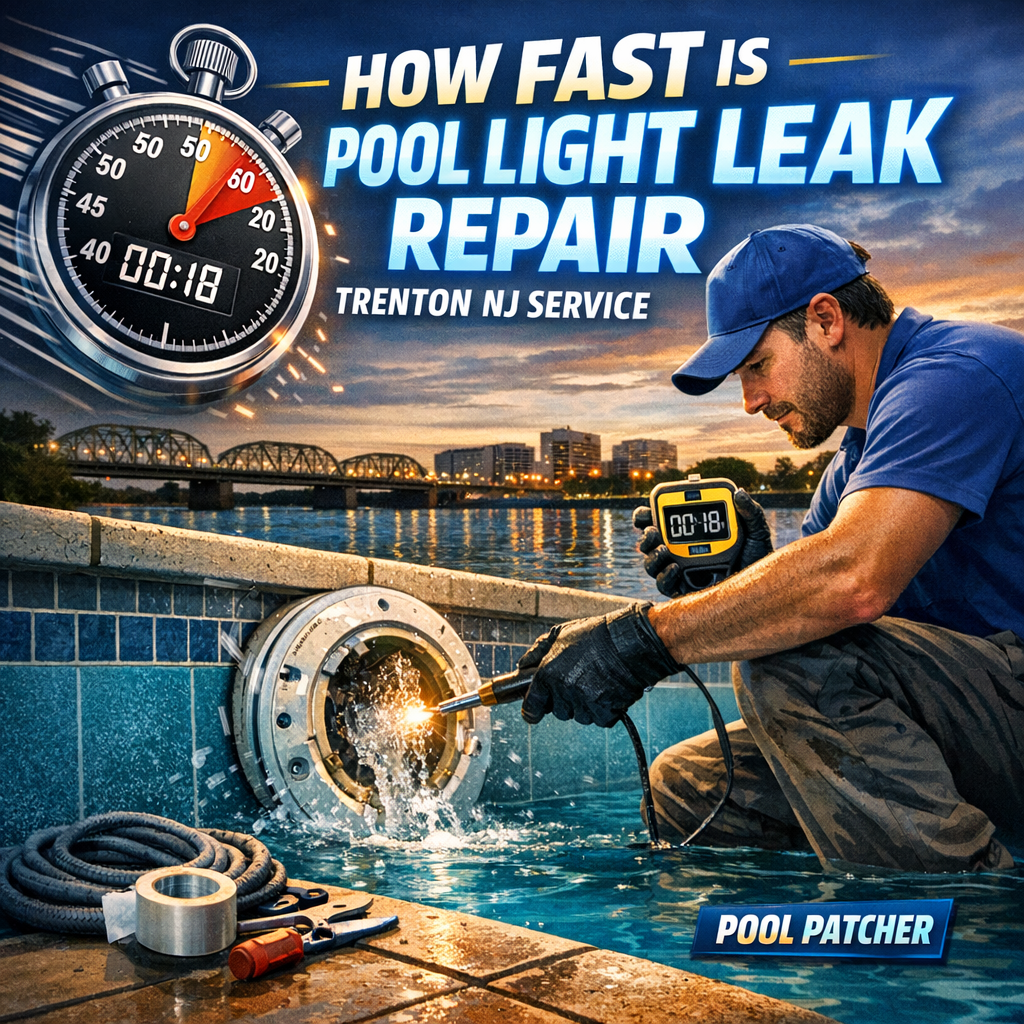Fair Haven Pools are renowned for their durability and aesthetic appeal, providing countless families with refreshing retreats during the warmer months. However, one of the persistent challenges faced by pool owners in the area is soil-related leaks. These leaks can compromise the integrity of the pool structure, leading to costly repairs and inconvenience. Understanding why soil-related leaks develop in Fair Haven Pools requires a closer look at the underlying soil composition, common causes of such leaks, and strategies to prevent them from occurring.
Understanding Soil Composition and Its Impact on Pool Foundations
The soil composition beneath Fair Haven Pools plays a crucial role in maintaining the stability and integrity of the pool structure. In many parts of Fair Haven, the soil consists of a mix of clay, silt, sand, and organic materials. Clay-rich soils tend to retain water and expand when wet, then contract when dry, creating shifting pressures that can stress the pool’s foundation. Conversely, sandy soils drain quickly and may lead to uneven settling if not properly compacted. Organic materials and loose sediments can erode over time, undermining the pool’s base. This variability in soil properties influences how the ground responds to moisture changes, ultimately affecting the pool’s stability and increasing the risk of leaks caused by shifting or settling.
Common Causes of Soil-Related Leaks in Fair Haven Pools
Soil-related leaks in Fair Haven Pools often originate from natural and environmental factors that disturb the ground beneath the pool. Seasonal fluctuations in moisture levels, such as heavy rains or droughts, cause the soil to expand or shrink, exerting pressure on the pool shell and joints. Poor drainage around the pool area can lead to water pooling and increased soil saturation, further destabilizing the foundation. Additionally, improper installation practices, such as inadequate compaction of the backfill or failure to account for soil variability, can create weak points susceptible to movement. Over time, these movements can cause cracks, separations, or displacements in the pool structure, resulting in leaks that are challenging to detect and repair.
Preventative Measures to Minimize Soil-Induced Pool Damage
To reduce the risk of soil-related leaks, proactive measures should be implemented during pool installation and maintenance. Proper site assessment and soil testing are essential to understand the specific soil conditions and determine appropriate construction techniques. Using well-compacted backfill, installing drainage systems, and incorporating flexible joints can help accommodate soil movement and minimize stress on the pool structure. Regular inspections of the surrounding landscape, maintaining consistent moisture levels through watering or drainage adjustments, and promptly addressing any ground shifting issues also play vital roles in prevention. By adopting these strategies, pool owners in Fair Haven can help preserve the integrity of their pools and extend their lifespan, ensuring years of enjoyment with fewer worries about soil-related damages.
Understanding the interplay between soil composition and pool integrity is key to preventing leaks in Fair Haven Pools. Recognizing common causes and implementing effective preventative measures can significantly reduce the risk of soil-related damage, safeguarding the investment and ensuring a safe, enjoyable swimming environment for years to come.






